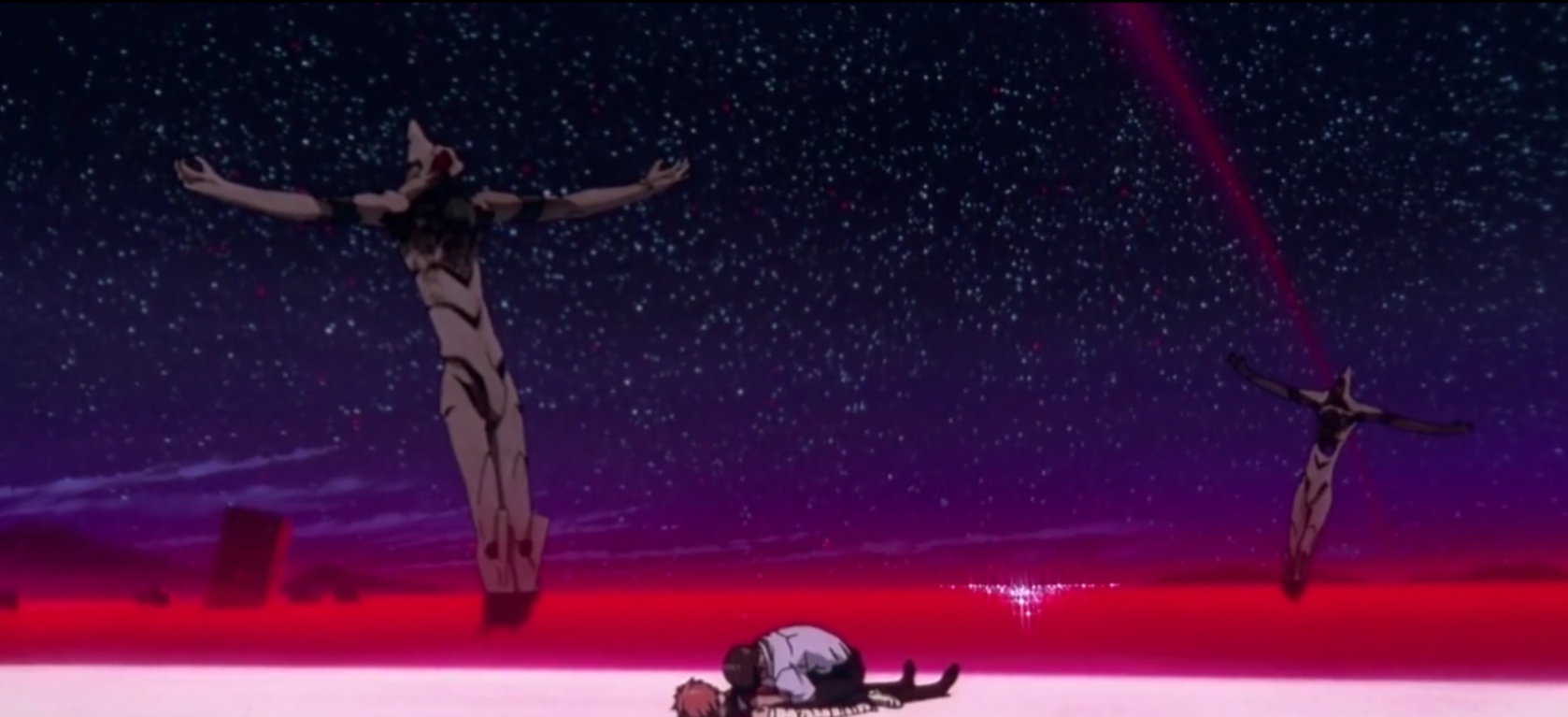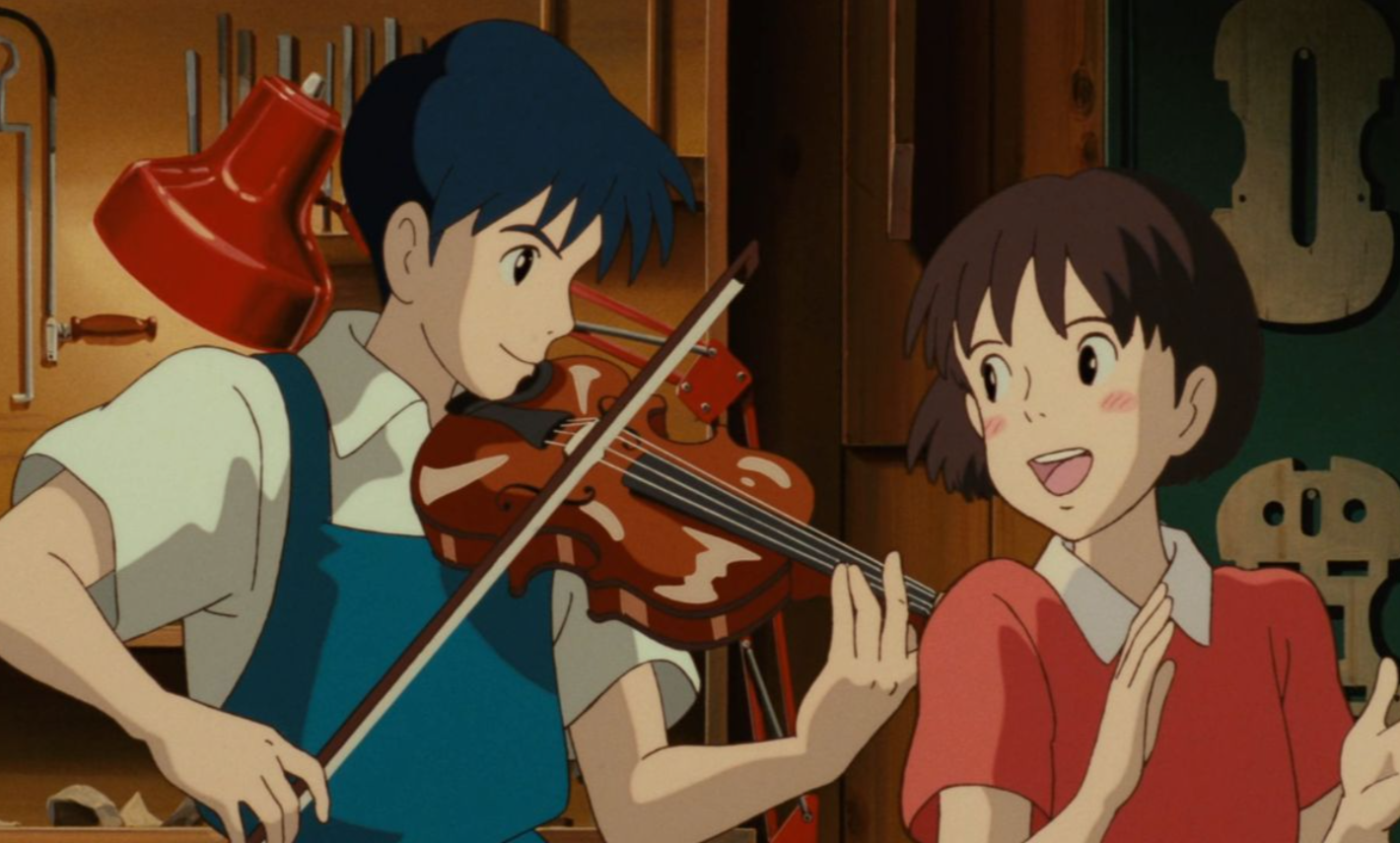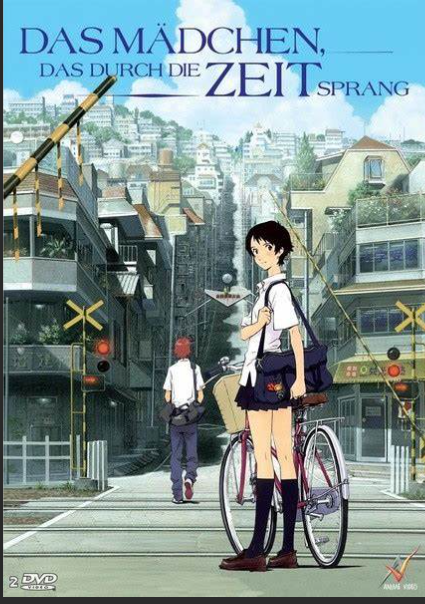
New Evangel ion Theater Edition: The End
“Shinji, the treatment is over.”I suppose Shinji Ikaria is a sick manNot counting the four-minute recap at the beginning of the series and the 10-minute credits at the end, the actual length of “Evangel ion Theater: The End” is about 140 minutes.The nearly two and a half hours of the movie may be the two and a half minutes of Shinji Ikaria’s imagination sitting in a train station.The man opposite the station had a very short parallel with his life.
I want to know the opposite person, but due to the established rules and routes, we will not meet and impossible to know.I could do whatever it takes to cross the tracks and meet the people across from me, but what would happen? They thought he was crazy and they arrested him.In the world of EVA, Shinji Ikaria gets to know Reid Yamani, Asoka, Nags Kaoru, and others while piloting the first aircraft, causing the third shock.
No one sees you as a romantic hero, just sick and guilty.She has a rich and unrestrained imagination, but is restricted by rules and others and struggles in the past full of negative feedback. This is the world in the mind of patient Shinji Ikaria, that is, the world of EVA.
Two, the quality of the fictional world
In Lu Sun’s Wild Grass, there is a short article called Kite, whose composition is similar to the world of EVA. Structurally, they all present a world of negative feedback loops.In “Kite”, the previous generation oppresses the next generation with authority, and the next generation gradually accepts and selectively forgets the oppression, but the context makes it easy to think that the negative feedback will continue indefinitely.In the world of EVA, the teenager saves the world and then causes shock. The “ideal” of the mysterious organization of the unity of living beings is frightening and repulsive.
Anno Hideaki even directly uses Nags Kaoru to point out that the world of EVA is a negative feedback loop world.And the religion and mysticism of this world are gimmicks.
In addition to the fact that religion is useless for building modern civilization, the EVA world, which is based on conspiracy theories and mysticism, is too shallow.
No matter how long the series lasts, no matter how many theatrical versions come out, the battle scenes from underwater to land to space to anti-universe, EVA’s world is still shallow.
But assuming the EVA world is the fantasy world of Shinji Ikaria, the patient, this superficiality makes sense.
The image of a juvenile, mentally immature, seeing a little darkness begins to play the imagination. Experience is not enough, conspiracy to gather.
Most importantly, with a world of infinite negative feedback, Shinji Ikaria has a reason to stay with her imaginary companions while pretending she has the power to fight the apostles.
Shinji, the pilot, hates the world of EVA, and Shinji, the patient, relies on it.
If analyzed psychologically, the primary machine is a giant phallus in the mental world of patient Shinji. Shinji Ikaria fears its aggression and oppression, but relies on its power and privilege.
Three, Shinji and Mary
If the world of EVA itself is a world dreamed up by Shinji Ikaria as a patient who has not yet fully adapted to society, then the appearance of Mary can actually be seen as the beginning of Shinji’s closed EVA world cracks. The patient, Shinji, begins to accept real people.
From the audience’s point of view, Mary stands out too much as a pilot in the world of EVA. How can driving an EVA be fun?
But outside of Shinji’s world of EVA, it would be cool and fun for any normal person to drive an Eva-like body.
Shinji indulges in fantasies, while Mary enjoys them.
The patient, Shinji, cannot accept a healthy fantasist. Because facing Mary, Shinji knows that he is too sick both in image and inside. So he has to dream up a “missing” companion, Asoka.
Shinji needs inspiration, Asoka needs love, and the two “missing” people can complement each other, which is how Shinji, the patient, consoles himself through fantasy.
But the patient, Shinji, is well aware that his fantasies are disgusting, bordering on a fetishism. But he just can’t help but want to cling to Asoka and feel the wholeness that comes from complementing each other.
In fact, people who suffer from Akira’s ordeal rarely have the strength to be a pillar of support for others. The strength of the pillar often comes from the sound.
Mary is the only sane person who can enter Shinji’s EVA world.
So the patient Shinji had to transfer the energy from Mary to Asoka.
From the audience’s point of view, Mary as the celestial system unreasonable to everything
But the patient, Shinji, knows that the source of Asoka’s power is Mary (both can fly Plane Two). The more he relies on Asoka, the more he wants to let Mary’s power into the character.
At this rate, Mary will replace Asoka sooner or later.
Shinji had to admit Mary’s existence in order to ensure that EVA’s world would not collapse and that Asoka would not be replaced.
For Mary, it was also a breakthrough for her patient, Shinji.
Mary is more like Shinji’s convalescent escort.
In Mary’s view, Shinji’s illness is an inability to balance social expectations with self-expectations, and the isolation that comes with self-isolation.
4. “Disease”
Shinji’s illness in the eyes of the audience is the same as ACG’s in the eyes of the mainstream.
The cure for this “disease” is not the value of humanistic care or friendship and striving to win, but the change brought by commercialization and the change of times.
Because those who have prejudice against ACG gradually leave the stage, because the commercialization brings huge profits to the surrounding of the works, the market has the soil for survival, and the love has the vitality.
Evangel ion has become a money-grabbing warrior.
As mainstream society has come to terms with ACG, the power of fierce resistance to prejudice has disappeared from creators.
In The End, the battle between Chu and 13 breaks down the walls of Chu and Chu several times, symbolizing that Shinji is no longer addicted to fantasy and can tell the difference between reality and fantasy.
In other words, the patient, Shinji Ikaria, sees that reality no longer has so many knives pointed at him that he no longer needs to rely on fantasy to protect him.
The reason and the strength to fight disappeared at the same time.
The fear and dependence on EVA in the past was finally dispelled by maternal care.
Like it or not, no matter how much you feel about someone, somewhere, therapy is over.


